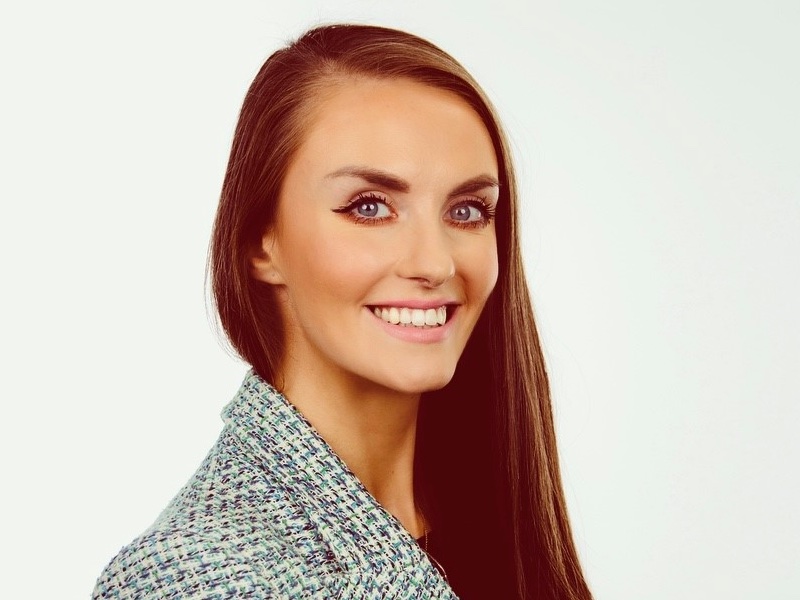
I’m Chief of Staff to the CEO at Progeny, a fast-growing professional services company, that has recently expanded internationally. I work to support an entrepreneurial, high-performing individual, offering strategic business support and facilitating strong working relationships across the different departments within the group. Positive relationships in business are hugely powerful and I’m a great advocate of the ability to influence decisions and shape positive transformation using an emotionally intelligent approach.
Tell us a bit about yourself, your background and your current role.
I’ve gained a wide breadth of experience, ranging from working for smaller, boutique businesses to large corporates, including Grant Thornton and John Lewis. This has seen my transition from personal assistant role to Executive Assistant to the CEO and most recently to my current role as Chief of Staff to the CEO. This position builds on my previous role, with responsibility for managing relationships at a senior level, overseeing governance and management information, ensuring effective communication between management tiers and supporting our CEO with strategic thinking.
Did you ever sit down and plan your career?
I’ve worked as a personal assistant from aged 16 and continued to temp for this same company throughout my university holidays. After I graduated, I realised that it was a role I really enjoyed and had gathered lots of experience in, so why not follow this route for my career? At the heart of it is a genuine interest in people and I think if I could have taken any other path, I would have liked to have studied to become a psychologist.
Have you faced any challenges along the way?
There has traditionally been a bit of a stigma and stereotype attached to the personal/executive assistant role that is thankfully getting broken down and as a younger woman, I feel that I’ve sometimes doubted myself when I should have had more confidence in my own abilities or opinions.
How did you persevere through the tough times?
In my view, having a good support network, both inside and outside of the workplace is key. People that you trust and can be your authentic self with are an invaluable sounding board and talking through a situation or issue often helps to order your thoughts.
What has been your biggest achievement to date?
I would have to say being appointed to my current Chief of Staff role. I really feel that it’s a natural progression from being an executive assistant and feel strongly that there should be more structured career opportunities for people in EA and PA roles.
What one thing do you believe has been a major factor in you achieving success?
This is emotional intelligence. I’ve always worked in people-focused roles and having self and social awareness is key to building trust, maintaining good relationships and managing conflict.
How do you feel about mentoring? Have you mentored anyone or are you someone’s mentee?
I’m a complete advocate and mentor to several young women, both inside and outside of work. I’m also undertaking a formal executive coaching qualification later this year. I wish it was something I’d had access to when I was younger as I think it’s so valuable to be able to tap into the experience of others. I’ve adopted an informal mentor within Progeny, and I value her guidance and opinions.
If you could change one thing to accelerate the pace of change for Gender Parity, what would it be?
Better careers education at school age. From speaking to a couple of my mentees, I’m shocked at how little things appear to have progressed since I was at school and real stereotypes still seem to exist around certain sectors – financial services being one example. Visible role models are also important – you can’t be it if you can’t see it as the saying goes.
If you could give one piece of advice to your younger self, what would it be?
Have confidence in yourself! I feel there are some situations when I was younger where I should have trusted my gut or spoken up more. In a supporting role you can also feel very responsible for others and often put their needs before your own, but you need to guard against taking this too far, as self-care is also very important.
What is your next challenge and what are you hoping to achieve in the future?
My next challenge is my executive coaching course which I’m really looking forward to tackling. Looking to the future, I would like to broaden my coaching experience to working with people from different industry sectors and working more widely in educational settings.








